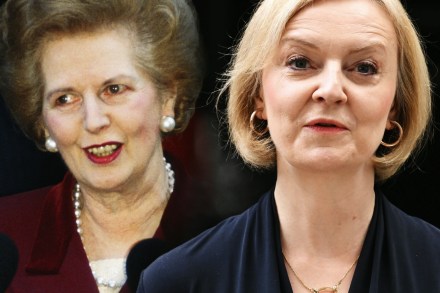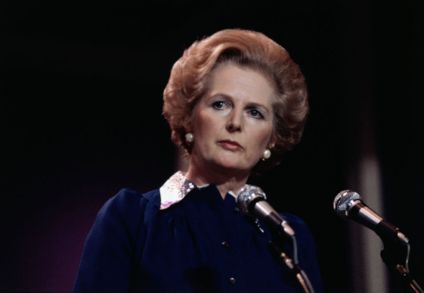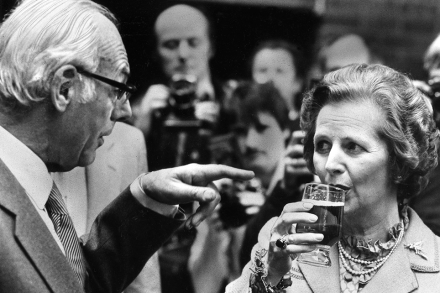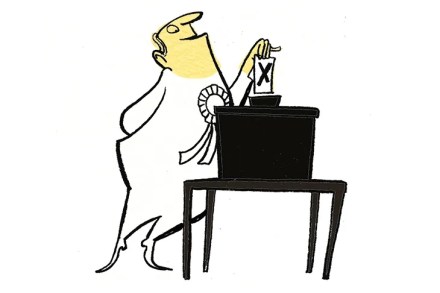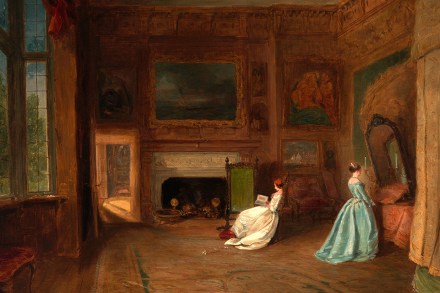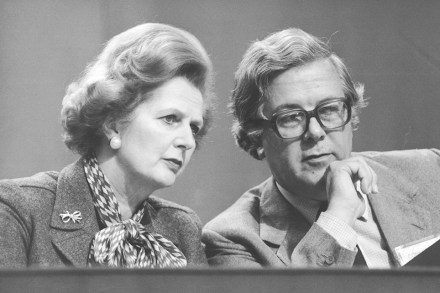Norman Tebbit was the symbol of an age
Norman Tebbit, who died this week aged 94, was a self-made man who shouldered his way to the top of a party of old Etonians. He was, to many, the leather-clad bovver boy of Spitting Image, ordering the unemployed to get ‘on yer bike’. He was a devoted husband who stepped back from politics to care for his wife, Margaret, after they were pulled from the wreckage of Brighton’s Grand Hotel. And he was an unrepentant right-winger, who was unflinching about where his party had gone wrong, and unforgiving to the monsters who had put his wife in a wheelchair. This Middlesex grammar school boy turned airline pilot, turned cabinet



